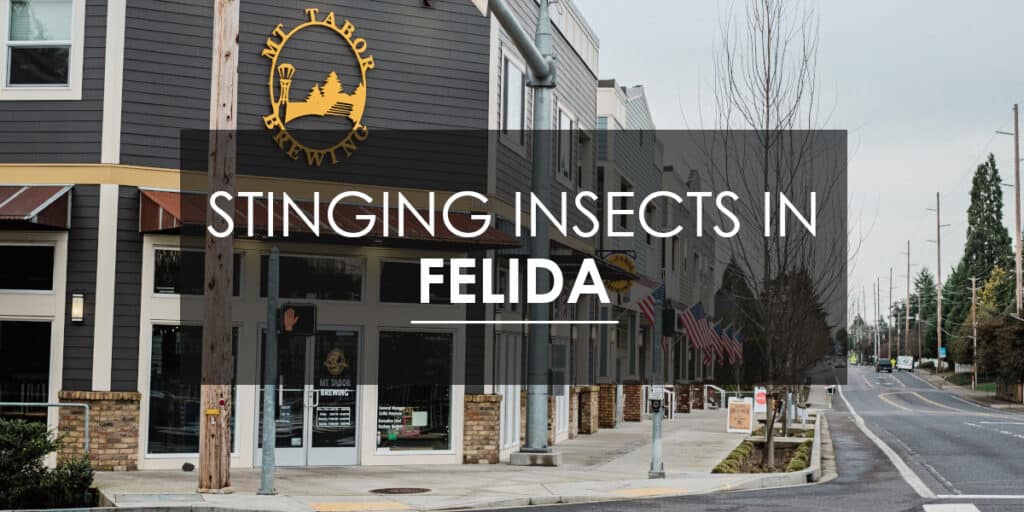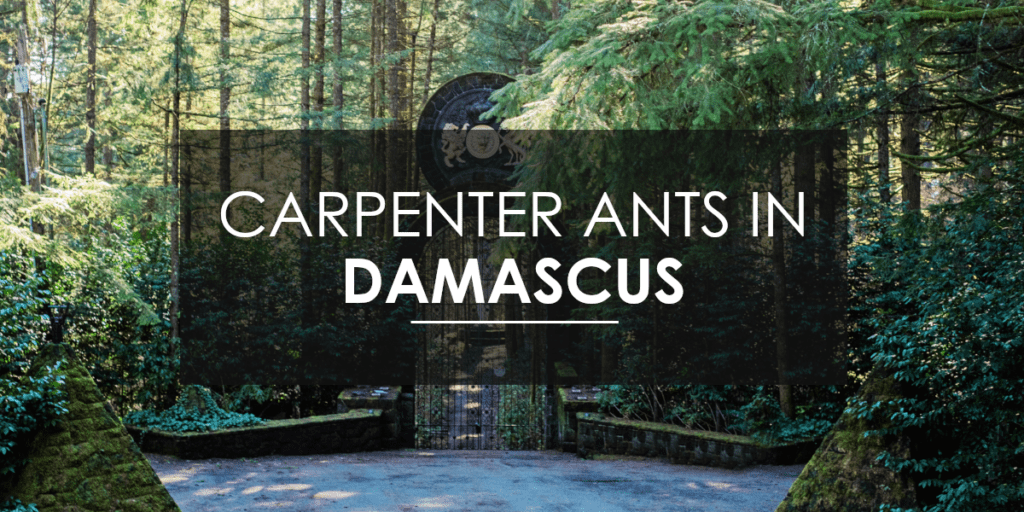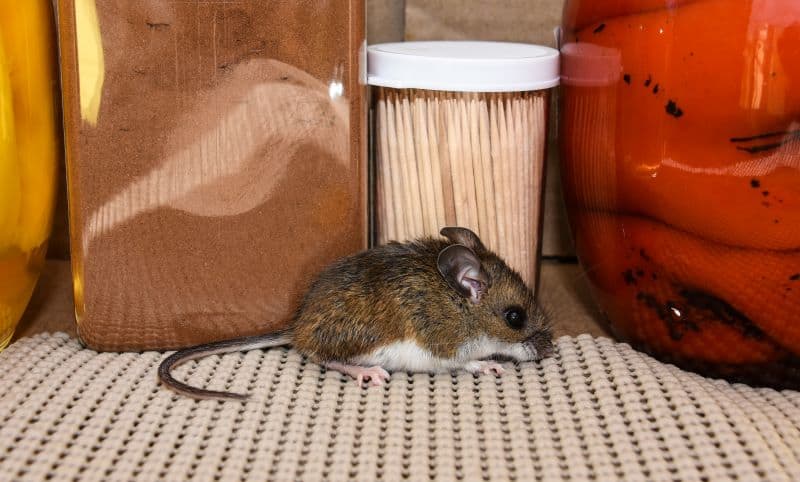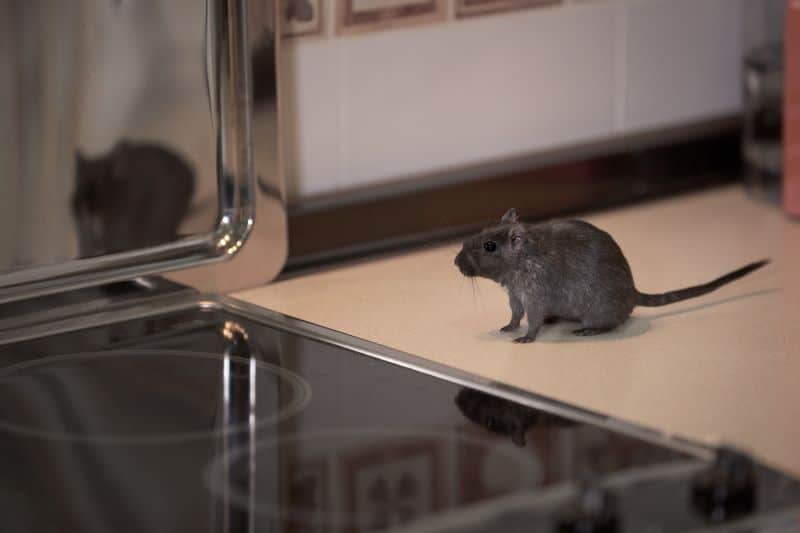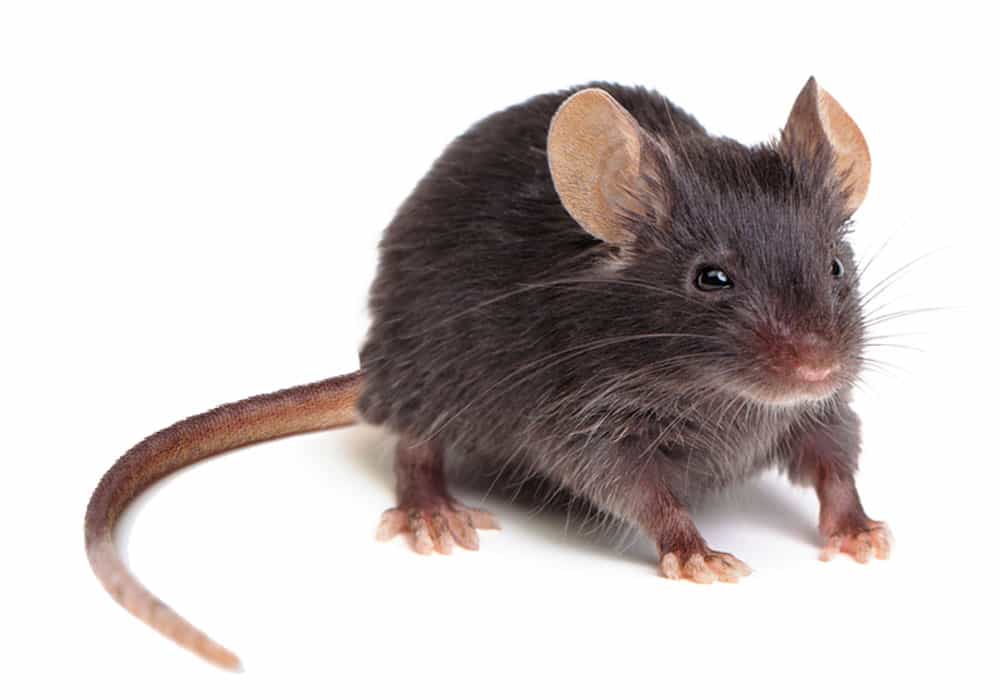Spiders are some of the most divisive creatures in the world. But why? What is it about spiders that so many people find so intimidating? More importantly, what type of spiders can people expect to see in West Linn, what can be done about them, and how can a relationship with an expert team of pest control professionals help you focus on the things you love vs. those eight-legged nuisances?
What are spiders?
Most of us are aware of what a spider is, but did you know that spiders are distinctly different creatures than insects? Spiders are categorized as “arachnids,” with their closest relatives in this classification being scorpions, mites, ticks, and more.
Most all spiders have eight legs (vs. most insects, who have six legs), an exoskeleton (meaning their skeleton is on the outside), no wings or antennae, and their bodies are divided into two distinct sections — the cephalothorax and the abdomen, whereas insect bodies are typically divided into three unique sections: the head, thorax, and abdomen.
Spiders are usually carnivorous and enjoy a diet of insects and flies. One of their more alarming habits (and perhaps a contributor to people’s fear of spiders) is the way in which they consume their prey. Spiders have an inability to chew and swallow food. They eat by injecting venom into insects’ bodies and sucking the liquefied nutrition from their exoskeletons.
Are spiders in West Linn dangerous?
With the exception of Antarctica, spiders can be found on every continent of the world, with tens of thousands of species representing a wide variety of shapes and sizes. The United States is host to approximately three thousand species of spiders, with about five hundred of them being native to the Pacific Northwest. Of those five hundred that can be found in our region, only one is considered to be deadly: The Black Widow spider. Fortunately for West Linn residents, Black Widows are usually only found in the far more arid, high desert climate of the eastern region of Oregon or Washington state. Our temperate climate does contain a wide range of spiders, just not usually this kind.
So, are spiders dangerous? Well, the answer is that all spiders are venomous, but the vast majority of venom produced by most spiders is not harmful to humans. This does not mean that some folks can’t have allergic reactions to spiders bites. Symptoms can include fever, swelling, fatigue, and other indications associated with anaphylactic shock. If you or someone you know is bitten by a spider and experience any of these symptoms, seek medical attention immediately.
What should I do about spiders in my West Linn home?
Spiders are a creature that can play an important role in our ecosystem. Because of their diets, spiders are like your very own miniature pest control unit (albeit one that tends to make many people feel very uncomfortable) because they’re usually found where other insects and pests are present — so they can trap them in their webs and eat them. In our professional experience, we often find that our clients who have large spider infestations also have a high degree of other insects and pests infesting their property that should be treated. The correlation between food source to spider population is often apparent.
While it’s true that spiders are largely harmless, that doesn’t mean that they’re not a nuisance and it doesn’t mean that they don’t cause people distress. In fact, approximately one-third of women and one-fourth of men in the United States experience some form of arachnophobia, the fear of spiders. That’s about 95 million Americans who simply cannot stand spiders, which is all the more reason to eradicate them from your home or property should you be experiencing an infestation of spiders.
The trick is really in how to most effectively treat the spiders causing you distress. And Aspen Pest Control knows precisely how to do it.
How do I exterminate spiders from my West Linn home?
At Aspen Pest Control, we start with a two-pronged approach to ensure long-term eradication of your spider problem: 1) web removal and 2) insect extermination. Why? Well, unlike many other pests, spiders don’t always respond as well to traditional pest control methods. You see, with pests such as ants, baits can be used that cause the insects to carry extermination products back to their nests, where they and the rest of the colony consume them and die off.
Spiders, however, do not consume food in the same way as most insects, nor do they clean themselves by licking their legs in the same way that many insects do, meaning it’s harder for the products to enter their system to take effect. Because of this, traditional pest control methods do not work as well on spiders. The best way to effectively rid your home and your life of spiders is by removing two of their most important needs, food and shelter.
The spider extermination experts at Aspen Pest Control include web removal as a standard component of our spider treatment process. Spiders spend a great deal of their time spinning and maintaining their webs. Many spiders are so deeply in tune with their webs that they are able tell the difference between vibrations caused by debris falling on the web vs. those caused by insects. Some spiders can even distinguish between specific insects as they fall on their webs. Repeatedly removing webs will ultimately discourage a spider, causing them to look elsewhere to build their homes. Additionally, it’s crucially important to treat your home and property for other insects that are very likely also present, removing potential food sources and making your home less habitable to these spiders. Taking advantage of regular pest control services, like those provided in Aspen Pest Control’s Home Protection Plan, can offer predictable results by exterminating the pests you have while using preventative measures that minimize future infestations.
What do I do if I find spiders are on my body?
Don’t squish! You’re more likely to get bitten if you’re accidentally pressing or crushing them against you. We recommend carefully brushing them off of your body so that you’re not making additional contact with your skin, which increases your chances of getting bitten.
Inspect certain items carefully before bringing them inside the home. Firewood? New houseplants? A Christmas tree? Take a careful look at these and similar items before bringing them inside. They are common places where spiders will lay their egg sacs. We’ve served many clients who have accidentally brought spiders into their homes in this manner, which can result in potentially hundreds of pests!
Shake out all work clothes before wearing. If you store items such as coveralls and the like in your shed or garage or similar outbuildings, spiders may choose to use these items as places to lay eggs. Always shake them out before putting them on to void being bitten or bringing them into your home.
Reduce clutter. Your garage, attic, basement, or shed are areas prone to getting cluttered. Spiders love clutter because it provides them plenty of space to hide and lay eggs. Though we know this might mean extra chores for you and your family, please try to take the time to reduce the clutter in these areas in order to keep them neat, tidy, and spider-free. Periodically vacuuming can be especially helpful in these spaces.
Keep plant life and wood piles from growing or being stacked too close to the home. Again, these spaces give shelter to spiders and comfort in laying their eggs in more hidden spaces. Keeping plant life trimmed back and wood piles an appropriate distance from your home or garage or shed will give them fewer places to lay eggs.
Call Aspen Pest Control today for your free spider consultation! We’ll inspect your home — inside and outside — provide tailored, hassle-free recommendations, and dependable, effective services. Call today to learn why your neighbors in West Linn choose Aspen for their pest control needs.



